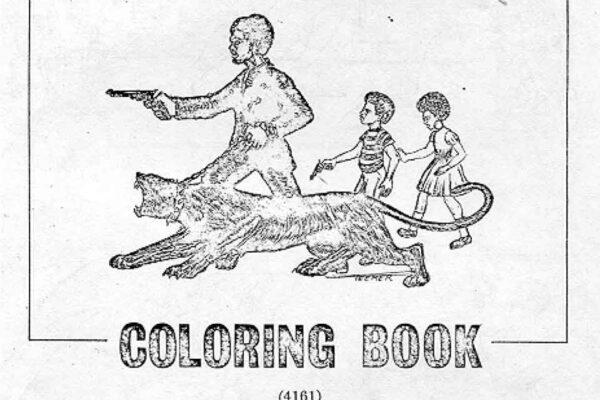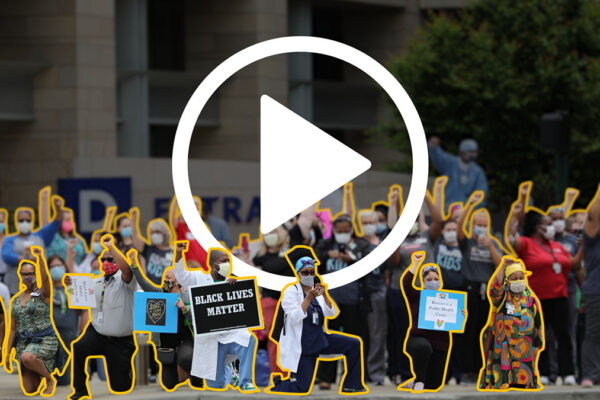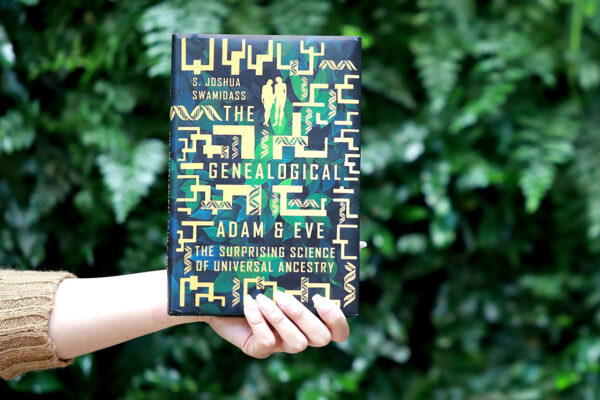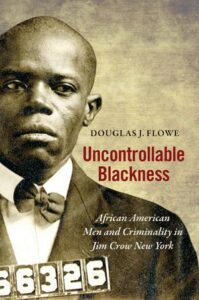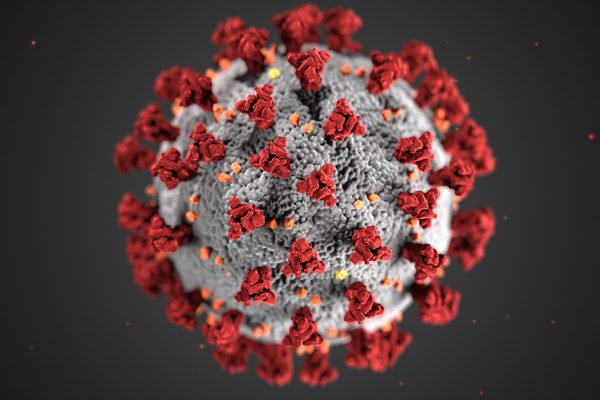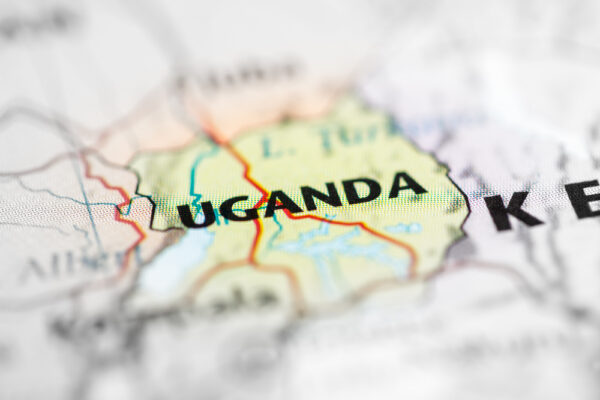WashU Expert: DACA decision lets ‘Dreamers’ breathe a little easier
The U.S. Supreme Court’s decision June 18 that the Trump Administration cannot shut down the Deferred Action for Childhood Arrival program will allow more than 700,000 “Dreamers” to worry a bit less and continue focusing on their jobs, education and futures, said an immigration law expert at Washington University in St. Louis.
Black Lives and Spatial Matters
Policing Blackness and Practicing Freedom in Suburban St. Louis
“Black Lives and Spatial Matters” is a call to reconsider the epistemic violence that is committed when scholars, policymakers, and the general public continue to frame Black precarity as just another racial, cultural, or ethnic conflict that can be solved solely through legal, political, or economic means. Jodi Rios argues that the historical and material […]
When the conspiracy is real
Umbrella Man. Outside agitators. Agents provocateur. As protests sparked by the killing of George Floyd continue, conspiracy theories and “false flag” charges have flown fast and furious. But sometimes the conspiracy is real. In “F.B. Eyes: How J. Edgar Hoover’s Ghostreaders Framed African American Literature” (2015), William J. Maxwell, professor of English in Arts & Sciences at Washington University in St. Louis, details a decades-long harassment campaign waged against prominent African American writers and activists.
It’s time for change
Three esteemed Arts & Sciences faculty members discuss the social movement against police brutality taking place across the nation and the world, and its implications for teaching, research and higher education.
What does science tell us about Adam and Eve?
In his book The Genealogical Adam & Eve: Surprising Science of Universal Ancestry, S. Joshua Swamidass, MD, associate professor of Pathology & Immunology in the School of Medicine and of Biomedical Engineering in the McKelvey School of Engineering, uses science to show that Adam and Eve could have existed and that theology and science don’t lie nearly so far apart.
Explaining push to ‘defund police’
In the wake of national protests following the death of George Floyd, some activists are calling on cities to defund their police departments. But what does that mean exactly? Robert Motley, a PhD candidate in the Brown School and manager of the Race & Opportunity Lab at Washington University in St. Louis, explained it’s more of a reallocation of funds for public safety and health.
Uncontrollable Blackness
African American Men and Criminality in Jim Crow New York
Early twentieth-century African American men in northern urban centers like New York faced economic isolation, segregation, a biased criminal justice system, and overt racial attacks by police and citizens. In this book, Douglas J. Flowe interrogates the meaning of crime and violence in the lives of these men, whose lawful conduct itself was often surveilled […]
Modeling study: COVID-19 stay-at-home policies to be relaxed before pandemic peaks
Relaxing stay-at-home social and business policies will be accompanied by increases in the infection rate, and the race for a vaccine will lose its value to big Pharma almost with each passing day. Those are the main findings by two economists from Washington University in St. Louis and another from the Federal Reserve Bank in St. Louis, who investigated the properties of the optimal lockdown policy.
Suppression of COVID-19 spread possible, model suggests
Suppression of the spread of COVID-19 is an attainable goal, and it can be done through strategies that ease social distancing guidelines, suggests a new model developed by researchers at Washington University in St. Louis and the Brookings Institution.
Ssewamala receives NIH grant to train HIV/AIDS Ugandan researchers
A $1.5 million grant to the Brown School will provide state-of-the-art training for 18 early-career researchers in Uganda to strengthen the capacity of research institutions in the country to address HIV/AIDS and its burden on child and adolescent mental health.
Older Stories


